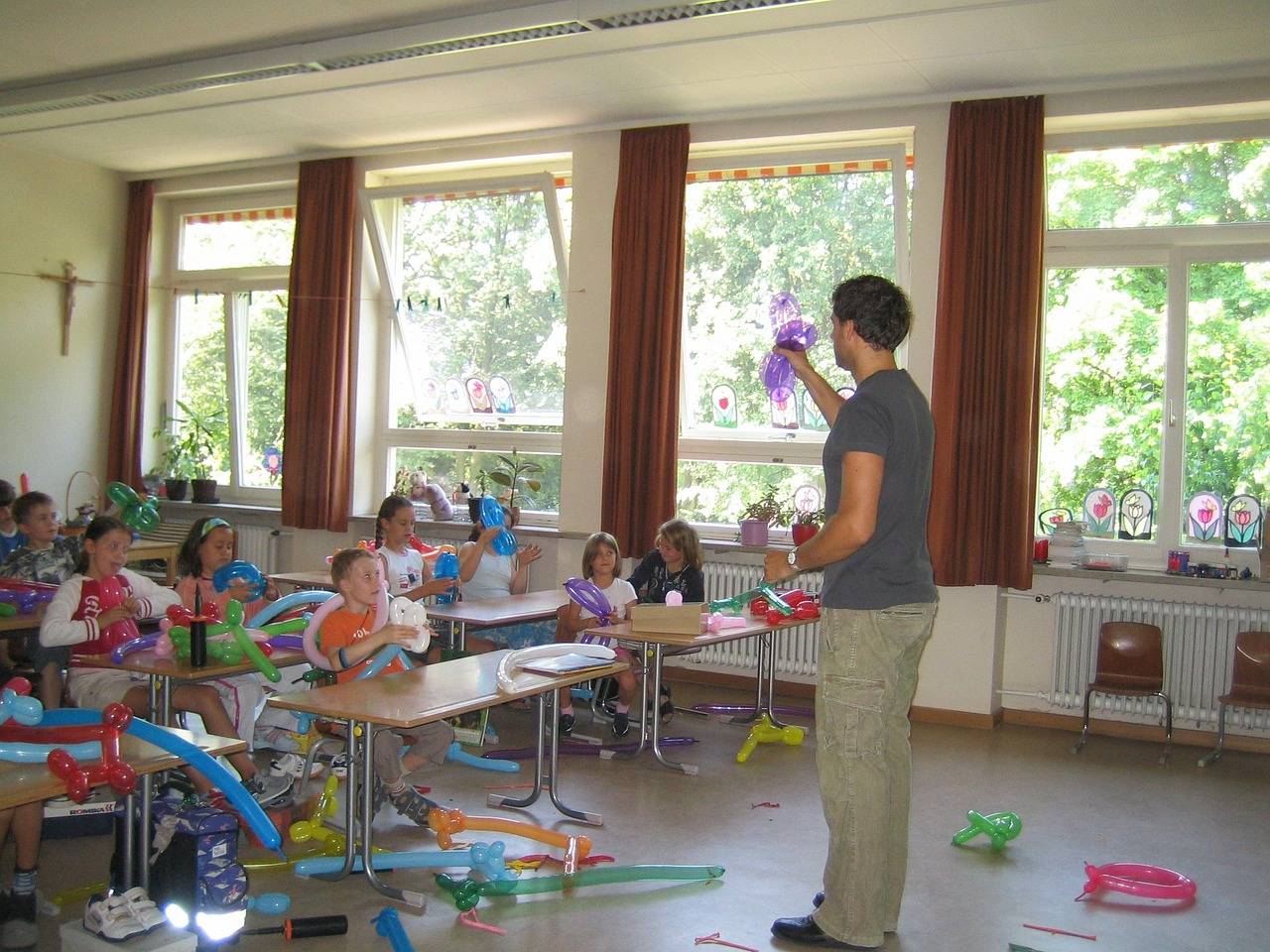Exploring the Role of Student-Led Inquiry in Science Education
Student-led inquiry in science education plays a crucial role in fostering a deeper understanding of scientific concepts among students. By actively engaging in the process of inquiry, students are able to develop a sense of curiosity and exploration that drives their learning. This hands-on approach not only enhances their understanding of scientific principles but also encourages them to think critically and problem-solve independently.
Moreover, student-led inquiry empowers students to take ownership of their learning and become active participants in the scientific discovery process. By allowing students to ask questions, design experiments, and draw their own conclusions, educators can create a more dynamic and engaging learning environment that encourages creativity and innovation. This experiential learning approach not only improves students’ retention of scientific knowledge but also cultivates a lifelong passion for learning and exploration.
Benefits of Encouraging Student-Led Inquiry in the Classroom
Encouraging student-led inquiry in the classroom fosters a sense of curiosity and engagement among students. When students are given the opportunity to explore their interests and questions, they develop a deeper understanding of scientific concepts and principles. This hands-on approach to learning not only makes the material more relatable and relevant but also empowers students to take ownership of their learning journey.
Furthermore, student-led inquiry enhances problem-solving skills by challenging students to think critically and creatively. By formulating their own research questions and designing experiments to find answers, students develop analytical thinking and decision-making abilities. This process of inquiry encourages students to investigate, evaluate evidence, and draw conclusions based on their findings, equipping them with essential skills for navigating real-world challenges.
How Student-Led Inquiry Enhances Critical Thinking Skills
Student-led inquiry in the classroom plays a vital role in enhancing critical thinking skills among students. When students are given the opportunity to explore and investigate topics of interest on their own, they are encouraged to think analytically and critically. By formulating their own questions, conducting research, and drawing conclusions based on evidence, students are actively engaged in the learning process, which in turn fosters their critical thinking abilities. This hands-on approach allows students to evaluate information, problem-solve, and think creatively, leading to a deeper understanding of the subject matter.
Furthermore, student-led inquiry promotes a sense of ownership and autonomy in learning, empowering students to take control of their education. As students delve into topics that intrigue them, they are more likely to be motivated and invested in the learning process. This intrinsic motivation drives students to ask meaningful questions, seek out relevant information, and think critically about their findings. By nurturing this sense of curiosity and independence, student-led inquiry not only enhances critical thinking skills but also cultivates a passion for lifelong learning.





